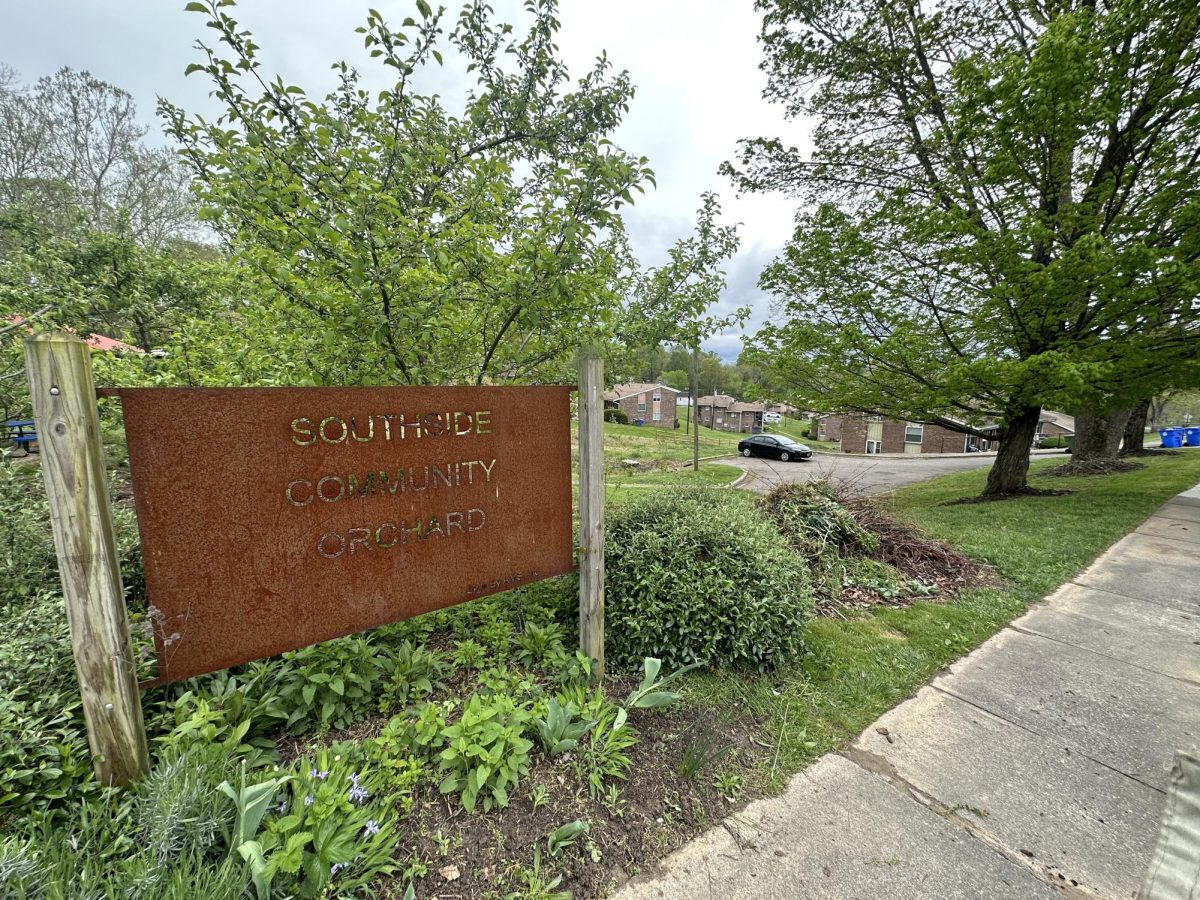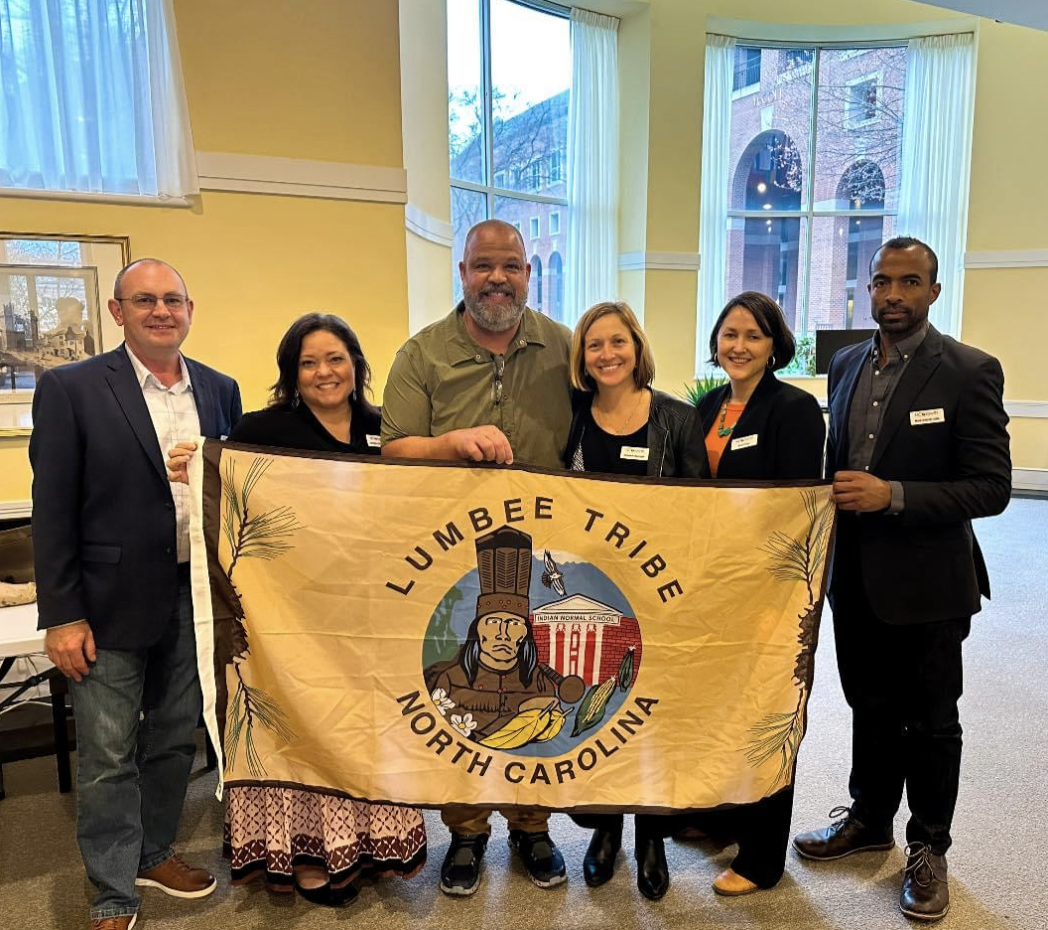by Joanna Woodson – Staff Writer – [email protected]
UNC Asheville is not doing enough to actively encourage diversity in a positive way, according to students and professors.
“As to why we don’t attract minorities, I don’t think we make an effort, honestly. I think there is a token effort but I don’t think there is an actual effort,” said Mike Walker, a senior math student doing undergraduate research on racial disparities in Asheville. “I’m not suggesting the institution is racist or intentionally trying to prevent it, but I think you have to actually want it.”
In fall of 2011, only 13.8 percent of UNCA’s 3,665 students claimed a race other than white, according to university statistics. The three races with the lowest enrollment are Hispanic, African-American and American Indian. About 4 percent identify as Hispanic, 2 percent identify as African-American and .3 percent of the student body identify as American Indian.
From 1978 to 2012, the school’s entire population increased about 48 percent. According to university statistics, African-American students comprised 2.7 percent of the student body in 2012. In 1978, they made up 4 percent of the school population. That number fluctuated between 2 and 4 percent over the past three decades, never rising with the rest of the student body.
“You have 50 years of doing approximately the same thing. We are in living memory of segregation,” said the 21-year-old Asheville native. “It is the whole concept of the Einstein quote of ‘insanity is doing the same thing over and over and expecting a different result.’”
John Wood, an associate professor of sociology, said the university tries to diversify, but possibly for all the wrong reasons.
“It’s a white place that wants to have some color around, and that’s the wrong reason to diversify,” Wood said. “I think it’s such a tough thing to be an extreme minority and to be the only person in your class who is black. To get singled out, to have to represent, all these layers of burden that gets thrown at black students that doesn’t get thrown at white students.”
Wood said these burdens come in the form of committees, photo shoots for the institution and being questioned in general about why an African-American student would choose UNCA. Wood said he does not believe the university provides enough entertainment, support, faculty, design or resources to make people of different races feel welcome.
“There will have to be some changes institutionally in order for people to come here. Even if the place looks pretty white, if people feel spoken to and wanted and embraced, they’ll come. We have a pattern of alienating them rather than embracing them, and I think that’s part of it,” Wood said.
Heidi Kelley, a professor of sociology, said she focuses on the positive change the university sees.
“It’s a slow process and many things need to be put in place, but the one positive is the ILS curriculum, particularly the diversity intensive courses,” Kelley said. “I have heard from students that they really like the DI requirement and, in fact, it attracted them to the campus. That is a small but significant change.”
Dwight and Dolly Mullen, who previously worked with Kelley in the area of university diversification, said change will not be incremental, and it must be intentional.
“They stopped desegregating when Reagan backed off of the consent decree. When he backed off, they didn’t enforce it. It’s like it has been frozen in time ever since,” said Dwight Mullen, professor of political science.
The consent decree was legislation used to mandate integration in public universities. In Dolly Mullen’s words, they wanted to “brown up” the school systems. The decree was not regularly enforced, she said, and did not define who the admissions office recruited.
“I have had students that said they were at college fairs and UNCA did not approach them. They were approached by Carolina and other schools. They might not have come anyways, but they were not feeling particularly wanted,” said Dolly Mullen, an associate professor of political science.
Both Mullens said African-American students are not the only ones being cheated. White students are swindled out of a diverse education as well. They also said a movement for change will not be started by African-American students.
“It is the white students and white staff that will change this place,” Dwight Mullen said. “We are just the consultants. I’m happy to consult, but I ain’t leadin’ nothin’!”
Latest Stories
- Southside Community Farm seeking voters for safety
- Students wonder if campus dining is actually adequate
- Tribal political activities surge due to Lumbee tribes request for federal recognition
- Learn a Language!
- Questions On the Quad Episode 11
- What Do Blue Banner Staff Listen To?
- Asheville residents at odds over U.S. financial assistance to Ukraine
- The UNC Asheville Saber Club’s duels remain, moved to AC Reynolds Green
- UNCA League of Legends takes first in stunning finals match against HPU
- From passion to professional play: How a UNCA League of Legends MVP hit their stride


















